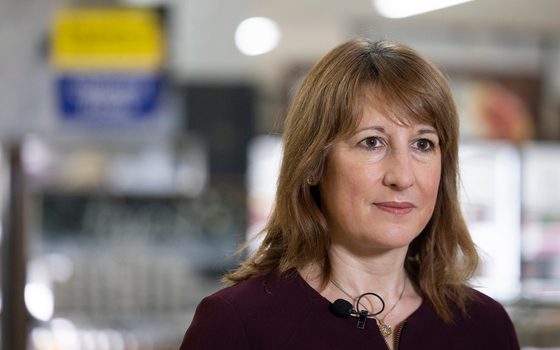Budgets and Beyond
Experiences of social care, personalisation, and co-production
19 December 2012
This set of briefings outlines the findings of the Budgets and Beyond project, which has been exploring people’s experiences of social care, and in particular, of two approaches known as personalisation, and co-production.
The briefings document people’s experiences of social care, actions that can be taken to develop co-production in social care, and further areas for research and practical work.
Social care is a sector in transition, and the stakes are high for all those who use social care services across England. The sector is being re-shaped by a new austerity, and has to adapt to cuts of £6 billion. The cuts are falling on local authorities, who already face rising demand for social care services due to the increasing age of the UK population, the lack of a secure funding settlement and the impact of the Welfare Reform Bill which is expected to increase people’s need for support.
Our findings show how people are experiencing the transition to personalisation, the growing climate of austerity, and the challenge of social care services that often treat people as passive recipients of services, trying to ‘do to’, rather than work with people. Too often, people who use social care feel they have no power over what support they get, or who supports them. Many people who are proposing creative ways of getting the outcomes that are important to them are finding their suggestions rejected by a system that – in general – still has a conventional view about what ‘care’ should look like. These are challenges which must be urgently addressed if we are to support people to improve their well-being with diminishing financial resources. There is a great risk that the cuts in funding will otherwise result in fewer and fewer of the same services, unable to meet the growing demand for support.
We have included a set of action points to show what can be done to introduce co-production into social care. Doing so would unleash another set of resources – the time, skill, experience, care and support that is used every day to provide informal care and support everywhere in our communities. Though co-production is not a substitute for professional support, it can be used to significantly expand the capacity of services and can create more effective services that draw on people’s own expertise about what support will work best for them. Briefing 2, Recommendations for developing co-production in Social Care outlines some of the practical steps that can be taken to develop the approach in practice.
These findings come at a time of transition for local authorities, and we hope they can provide a practical way for commissioners and providers to develop support where power is shared equally between people and professionals, relationships are valued and nurtured, and helping people to get the outcomes they want is the central focus.
Topics Macroeconomics Public services






